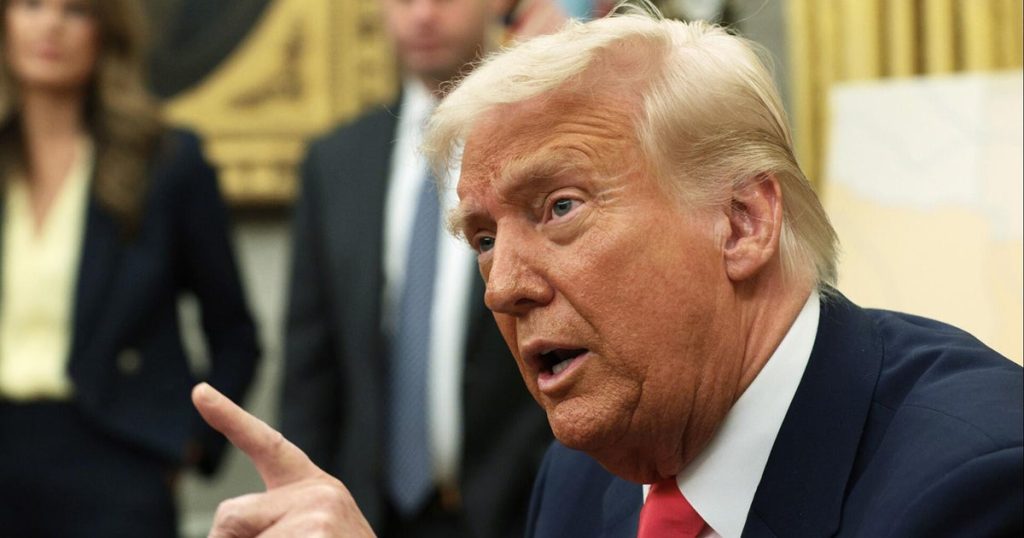Investors Withdraw from U.S. Stocks in Record Numbers
A recent survey by Bank of America reveals that investors are significantly pulling out of U.S. stocks, with analysts declaring this the “largest decline in U.S. equity investment ever.” This shift is influenced by rising doubt regarding the nation’s economic future, particularly in light of the Trump administration’s escalating trade tensions with several countries, including Canada, Mexico, and China.
Shifting Investment Strategies
Bank of America’s analysts noted that this trend of moving away from U.S. equities towards cash, gold, and international markets, particularly in the Eurozone, reflects a waning belief in U.S. economic exceptionalism.
Market Reactions
Following a brief recovery, major market indices fell again on Tuesday. The S&P 500 dropped 60 points (1.1%), closing at 5,615, the Dow Jones Industrial Average fell by 260 points (0.6%), and the Nasdaq Composite decreased by 305 points (1.7%).
Concerns over New Tariffs
A looming concern for the financial markets is the potential implementation of significant new tariffs on key trading partners, set to begin on April 2. This includes 25% tariffs on imports from Mexico and Canada, along with additional matching duties on various other countries.
Impact of Trade Tensions
Brian Coulton, chief economist at Fitch Ratings, expressed astonishment at the rapid and widespread announcements of U.S. tariff increases since January. This sentiment is echoed by the Organisation for Economic Co-operation and Development, which recently downgraded its growth forecasts for both the U.S. and global economy, citing escalating trade disputes as a risk factor.
Long-Term Strategies vs. Immediate Impact
Analysts warn that President Trump’s trade actions are not merely negotiating tactics; they are part of a strategic effort aimed at strengthening American industries and encouraging domestic investment. However, the effectiveness of this approach is still uncertain, prompting investors to exercise caution.
Market Sentiment and Future Outlook
While some fear that these tariffs could lead the economy into a recession, Bank of America’s survey indicates that only 11% of fund managers anticipate a severe economic downturn. Furthermore, even amidst current market fluctuations, nine out of eleven sectors in the S&P are still performing well in 2025, suggesting potential resilience. Bret Kenwell from eToro believes the significant declines in key stocks are disproportionately affecting overall investor sentiment, which historically has signaled possible market recoveries, though it remains uncertain whether the market has reached a bottom.



